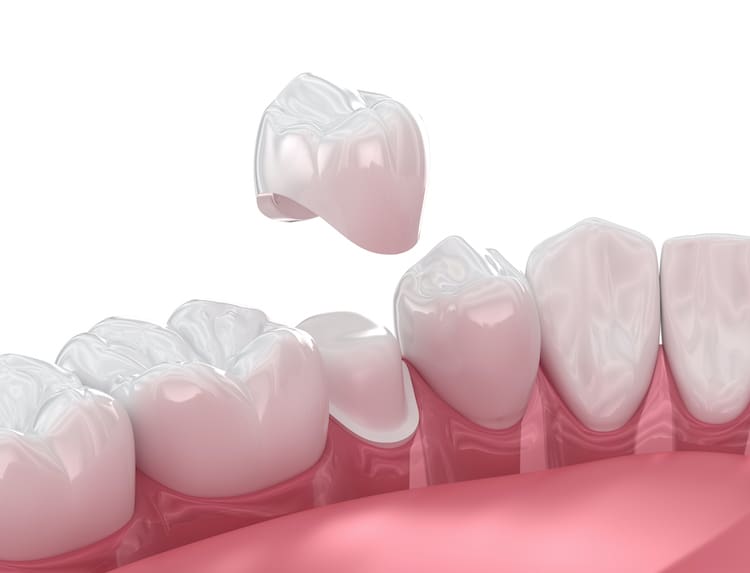Getting a dental crown is a significant step in restoring the function and appearance of your tooth. Whether it’s to repair a damaged tooth, protect a weakened one, or improve your smile, a crown can offer long-lasting benefits. However, the success and lifespan of your dental crown depend largely on how well you care for it after the procedure. Knowing what to expect and how to maintain your crown can make all the difference.
What to Expect After Your Crown Procedure
Once your crown is placed, it’s common to experience some mild discomfort or sensitivity, especially to hot or cold foods and drinks. This typically subsides within a few days as your tooth adjusts. If you received a temporary crown before your permanent one, you might notice a significant improvement in fit and comfort once the permanent version is placed.
Some patients feel slight soreness around the gums near the crowned tooth. This is a normal response to the dental work and should diminish as your gums heal. Over-the-counter pain relievers and saltwater rinses can help ease discomfort during the initial healing period.
Maintaining Good Oral Hygiene
A dental crown covers and protects a tooth, but it doesn’t make the tooth invincible. Decay can still occur at the margin where the crown meets your natural tooth. That’s why maintaining excellent oral hygiene is essential. Continue brushing twice a day using fluoride toothpaste and a soft-bristled toothbrush. Pay special attention to the area around the gum line to prevent plaque buildup and gum inflammation.
Flossing is equally important, especially around the crowned tooth. Some people worry about floss dislodging a crown, but with proper technique, it’s completely safe. Gently slide the floss rather than snapping it between teeth, and curve it around the crown to clean effectively.
Watch What You Eat
While crowns are made to be durable, they aren’t indestructible. Certain eating habits can put your crown at risk. Avoid chewing ice, hard candies, or popcorn kernels, as these can crack or dislodge the crown. Sticky foods like caramel or chewing gum might pull on the crown and weaken the cement that holds it in place. You should also be cautious with very hot or cold foods if your crowned tooth is still sensitive. This usually improves over time, but if it persists, talk to your dentist to rule out any underlying issues.
Nighttime Protection for Teeth Grinders
If you grind your teeth at night, a condition known as bruxism, your dental crown could be subjected to excessive pressure, which may lead to wear or damage. Your dentist might recommend a custom night guard to protect your crown and natural teeth from the effects of grinding. Wearing a night guard consistently can greatly extend the life of your crown and reduce the risk of future dental problems.
When to Contact Your Dentist
While minor discomfort after a crown procedure is expected, certain symptoms shouldn’t be ignored. If your bite feels uneven, the crown feels loose, or you experience sharp pain when biting down, reach out to your dentist promptly. These could be signs that your crown needs adjustment or that there’s an issue with the underlying tooth.
In some cases, a crown can become dislodged or fall out. If this happens, keep the crown if you can and contact your dental office immediately. Avoid chewing on that side of your mouth until the issue is resolved to prevent further damage.
Dental Crowns in Tucson, AZ
At Mohr Smiles Dentistry, we are dedicated to helping you maintain your oral health. We always strive to preserve your natural tooth structure. If you have excessive damage, a dental crown could help prevent tooth loss. Contact our office today to schedule a consultation and learn more about your treatment options.

